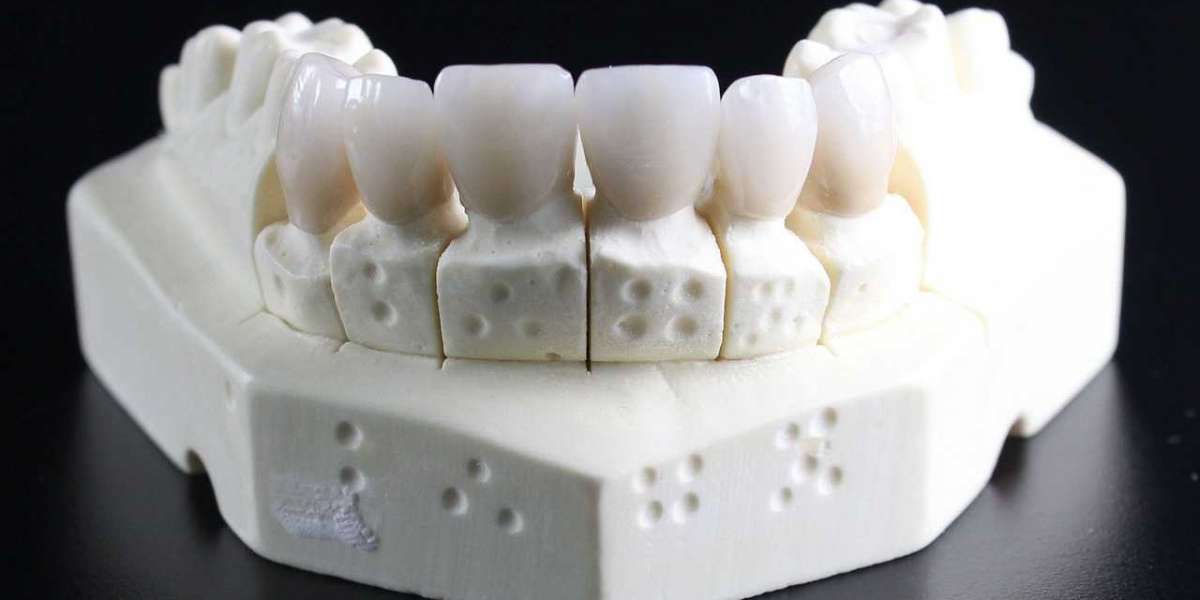Whether you've received a single implant or a full arch restoration, the success of your treatment doesn't end in the dental chair—it continues at home with proper aftercare. Good post-operative care not only speeds up healing but also helps ensure your implant lasts a lifetime.
In this article, we’ll walk you through everything you need to know about dental implant aftercare, including what to expect after surgery, how to care for your implant, and long-term maintenance tips.
What to Expect After Dental Implant Surgery
After receiving your dental implant, it's normal to experience mild to moderate symptoms for a few days. These can include:
Swelling and bruising around the gums and face
Mild discomfort or pain at the implant site
Slight bleeding for the first 24–48 hours
Sensitivity when chewing or brushing near the area
These symptoms are temporary and can be managed with over-the-counter pain relief, cold compresses, and your dentist’s post-op instructions.
Immediate Aftercare Tips (First 24–72 Hours)
During the first few days, your focus should be on protecting the surgical site and promoting healing. Follow these essential tips:
Rest and take it easy
Avoid strenuous activity for at least 48 hours after surgery to minimize swelling and bleeding.Apply a cold compress
Use an ice pack on your cheek for 15–20 minutes at a time during the first 24 hours to reduce swelling.Stick to soft foods
Eat soft, lukewarm foods like mashed potatoes, yogurt, smoothies, and soup. Avoid hot, crunchy, or spicy foods that may irritate the area.Avoid disturbing the site
Don’t touch the implant area with your fingers or tongue, and avoid using straws or spitting forcefully.Stay hydrated and avoid alcohol or smoking
Smoking and alcohol can interfere with healing and increase the risk of implant failure.
Oral Hygiene After Implants
Maintaining good oral hygiene is critical, even in the early stages. Here's how to keep your mouth clean while protecting the implant:
Use a soft-bristled toothbrush to gently brush around the implant site
Rinse with salt water or a recommended antiseptic mouthwash—but don’t swish too hard
Avoid flossing directly around the implant until your dentist gives the go-ahead
Resume your full oral care routine once the area has healed and your dentist approves
Long-Term Maintenance for Dental Implants
Once your implant has fully integrated with your jawbone (a process called osseointegration), it becomes a permanent part of your smile. To keep it in top condition:
Brush twice a day and floss daily
Just like natural teeth, implants need regular cleaning to prevent gum disease and plaque buildup.Use implant-friendly tools
Consider using an interdental brush or a water flosser to clean around the implant area effectively.Avoid chewing hard items
Don’t use your teeth to open packages or bite down on ice, pens, or hard sweets, as this can damage the crown or implant.Schedule regular dental check-ups
Visit your dentist in Watford every six months—or as recommended—for professional cleanings and to monitor the health of your implant and surrounding tissues.Watch for warning signs
If you notice redness, swelling, bleeding gums, or discomfort around the implant, contact your dentist promptly. Early intervention can prevent more serious complications.
Why Aftercare Matters
Dental implants have a success rate of over 95%, but poor hygiene or neglect can lead to peri-implantitis—a condition similar to gum disease that can cause bone loss around the implant. With proper care, implants can last 15+ years or even a lifetime.
Final Thoughts
Teeth implants in Watford surgery is just the first step toward restoring your smile. By following a simple, consistent aftercare routine, you can promote healing, protect your investment, and enjoy a confident, healthy smile for years to come.
If you have any questions about dental implant care or are considering implants, speak with your dentist or implant specialist for tailored advice and support.




